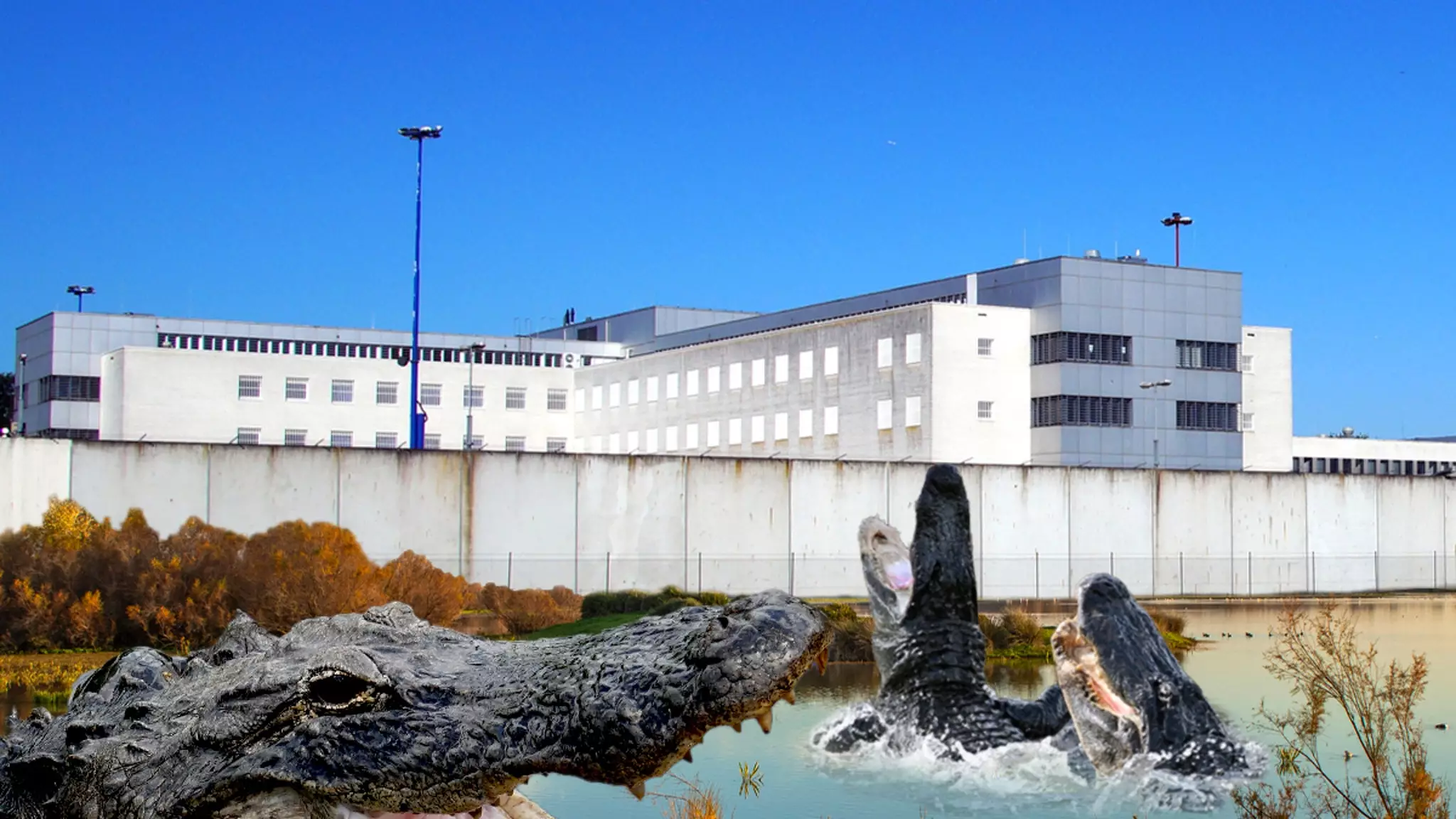In a move that can only be described as both creative and utterly bizarre, Florida’s Attorney General, James Uthmeier, has proposed converting the alligator-laden Everglades into an immigration detention center. Dubbed “Alligator Alcatraz,” this plan to house undocumented immigrants is not only strikingly unconventional; it also raises significant ethical questions about the treatment of vulnerable populations. The backdrop of gators adds an unsettling layer to this already contentious issue, and Uthmeier’s cavalier attitude toward employing them as “security” is downright alarming.
The site in question is a deserted airport facility known as the Miami-Dade Collier County Training Facility, which Uthmeier touts as perfectly suited for housing up to 1,000 detainees. With the ambitious timeline promising readiness in as little as 30 to 60 days, one can’t help but question the quality of care and the safety regulations that could be possibly compromised in this rush to build. This proposal reflects a troubling tendency to prioritize rapid solutions over humane practices concerning immigrant detainment, an issue that demands a thoughtful approach rather than a gimmicky idea that plays on Florida’s notorious wildlife.
Gators as Guardians: A Disturbing Metaphor
Uthmeier’s rationale is that the alligators provide natural security, equating these formidable reptiles with traditional barbed wire fencing. The metaphor is pithy yet deeply disturbing. Does it not indicate an unsettling lack of empathy toward the individuals it will affect? By framing the situation as a light-hearted solution, Uthmeier distracts from the complexities and human consequences of immigration enforcement. This flippancy risks normalizing the harsh realities of detainment, reducing vulnerable lives to mere statistics in a political game. In this sense, using alligators as the face of the proposal is not merely humorous; it’s a glaring commentary on how far removed policy-makers can be from the human experience.
A Flawed Journey and Legal Recklessness
Adding fuel to this fire, Uthmeier’s professional conduct raises eyebrows: just days before unveiling this outlandish plan, he faced civil contempt for disregarding a court order aimed at pausing harsh anti-immigrant laws. The indifference toward judicial authority coupled with an eagerness to align with Trump’s stringent immigration agenda shows a troubling disregard for accountability. Is this the kind of leadership we want managing one of the most sensitive issues in American society? His willingness to plunge headfirst into this precarious situation demonstrates a willingness to break rules and potentially harm lives in the name of political allegiance.
Uthmeier’s plan brings to the forefront a larger debate about immigration policy in the United States. While the situation at ICE facilities may be dire, resorting to desperate measures that exploit both vulnerable populations and native wildlife does not serve as a viable solution. Through sarcasm-laced promotional tactics, he dodges any serious discussions regarding human rights, safety, or legality—focusing instead on a peculiar spectacle that can only be understood in the context of Florida’s unpredictable political landscape. Thus, “Alligator Alcatraz” embodies not just an absurd policy proposal, but a troubling revelation about the current state of immigration discourse in America.

